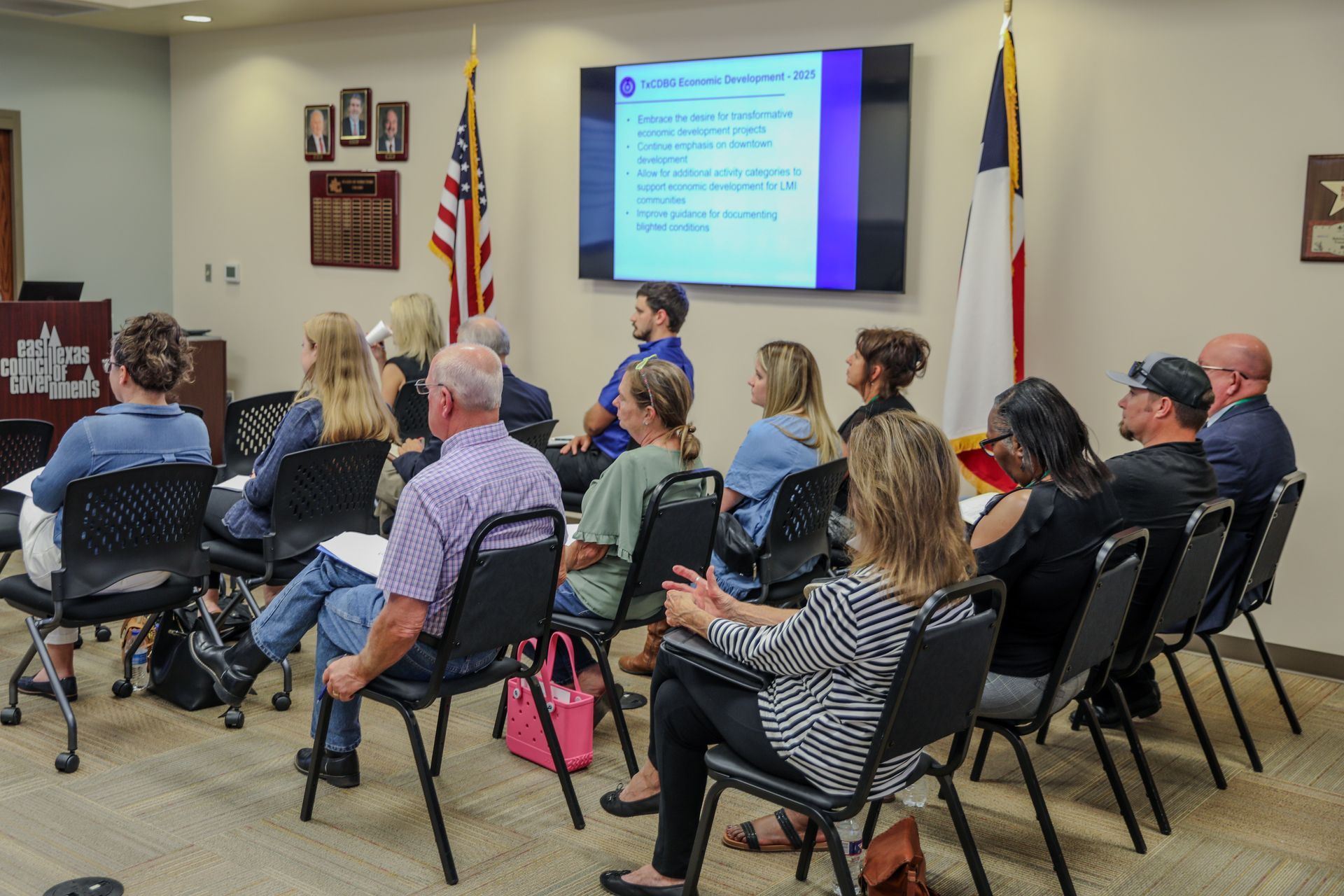April 1, 2021
HUD Commemorates National Fair Housing Month 2021
The U.S. Department of Housing and Urban Development (HUD)
today kicked off Fair Housing Month 2021. This year’s Fair Housing Month theme, Fair Housing: More Than Just Words, reflects the Biden-Harris Administration’s commitment to advancing equity in housing and the importance of increasing public awareness of everyone’s right to fair housing.
“Fair Housing Month is a time to recommit to our nation’s obligation to ensure that everyone has equal access to safe, affordable housing,” said HUD Secretary Marcia L. Fudge. “Unfortunately, housing discrimination still exists, from individuals and families being denied a place to call home because of the color of their skin or where they come from, to landlords refusing to allow persons with disabilities to keep assistance animals, to individuals being denied a place to live because of who they love. In this moment of unprecedented crisis, fair housing is more important than ever. 53 years after the Fair Housing Act was signed, our journey to justice in housing continues.”
Each April, HUD, local communities, fair housing advocates, and fair housing organizations across the country commemorate Fair Housing Month by hosting an array of activities that highlight HUD's fair housing enforcement efforts, enhance Americans’ awareness of their fair housing rights, and emphasize the importance of ending housing discrimination.
Secretary Fudge will commemorate Fair Housing Month with a virtual celebration on April 7th at 2 p.m. Eastern time that will also feature the Justice Department’s Principal Deputy Assistant Attorney General, Pamela Karlan; HUD’s Acting Assistant Secretary for Fair Housing and Equal Opportunity, Jeanine Worden; and HUD Senior Advisor Alanna McCargo.
In addition to highlighting HUD’s enforcement activities, a central focus of this year’s commemoration will the Biden-Harris Administration’s pledge to end housing discrimination, provide redress to those who have experienced housing discrimination, to eliminate racial bias and other forms of discrimination in all stages of home-buying and renting, and to secure equal access to housing opportunity for all.
Last year, HUD and its Fair Housing Assistance Program partner agencies received more than 7,700 complaints alleging discrimination based on one or more of the Fair Housing Act's seven protected classes: race, color, national origin, religion, sex, family status, and disability. During that period, the categories with the highest number of complaints were disability and race, respectively. HUD also received complaints that alleged lending discrimination as well as numerous complaints from women who faced unfair treatment, including sexual harassment.
"Although the Fair Housing Act became law in 1968, we still have major challenges ahead of us,” said Jeanine Worden, HUD’s Acting Assistant Secretary for Fair Housing and Equal Opportunity. “This April, on the 53rd anniversary of the Fair Housing Act, HUD is renewing its commitment to level the playing field so every person has the same opportunity to live where they choose and benefit from all of the opportunities this nation offers.”
For a complete listing of HUD Fair Housing Month events and activities, go to: www.hud.gov/FHM2021.
People who believe they have experienced discrimination may file a complaint by contacting HUD's Office of Fair Housing and Equal Opportunity at (800) 669-9777 (voice) or (800) 877-8339 (Relay). Housing discrimination complaints may also be filed by going to hud.gov/fair housing.

ETCOG is proud to host the Texas Department of Agriculture on March 12th to hold a TxCDBG Regional Outreach Meeting. Join us to hear a TxCDBG grant program overview of requirements, allocation formula, upcoming funding opportunities, and TDA's one-year action plan. Eligible applicants in our region are all non-entitlement communities, which include all of our cities with the exception of Tyler, Marshall, and Longview. When Thursday, March 12, 2026 10:00 AM Where ETCOG Headquarters 3800 Stone Road Kilgore, TX 75662 Please RSVP your attendance !



